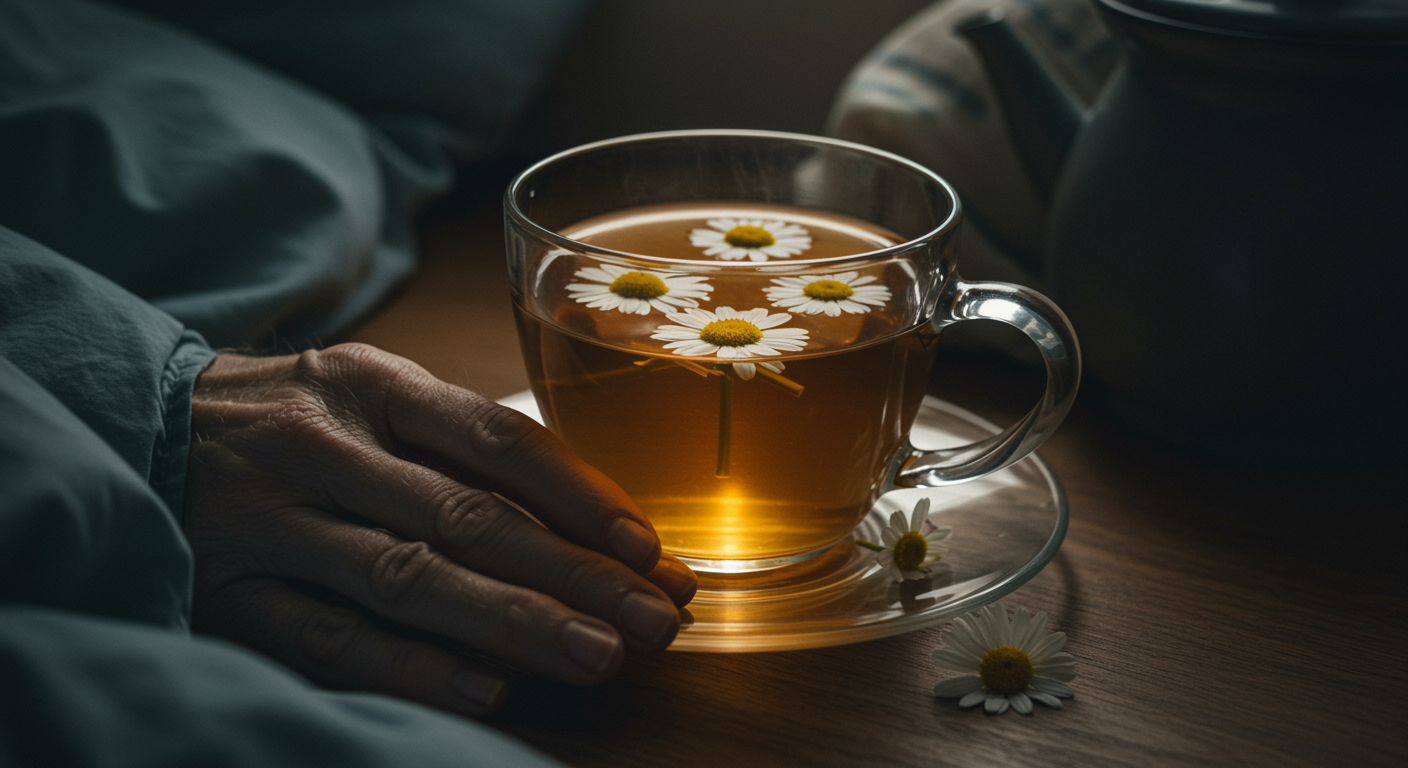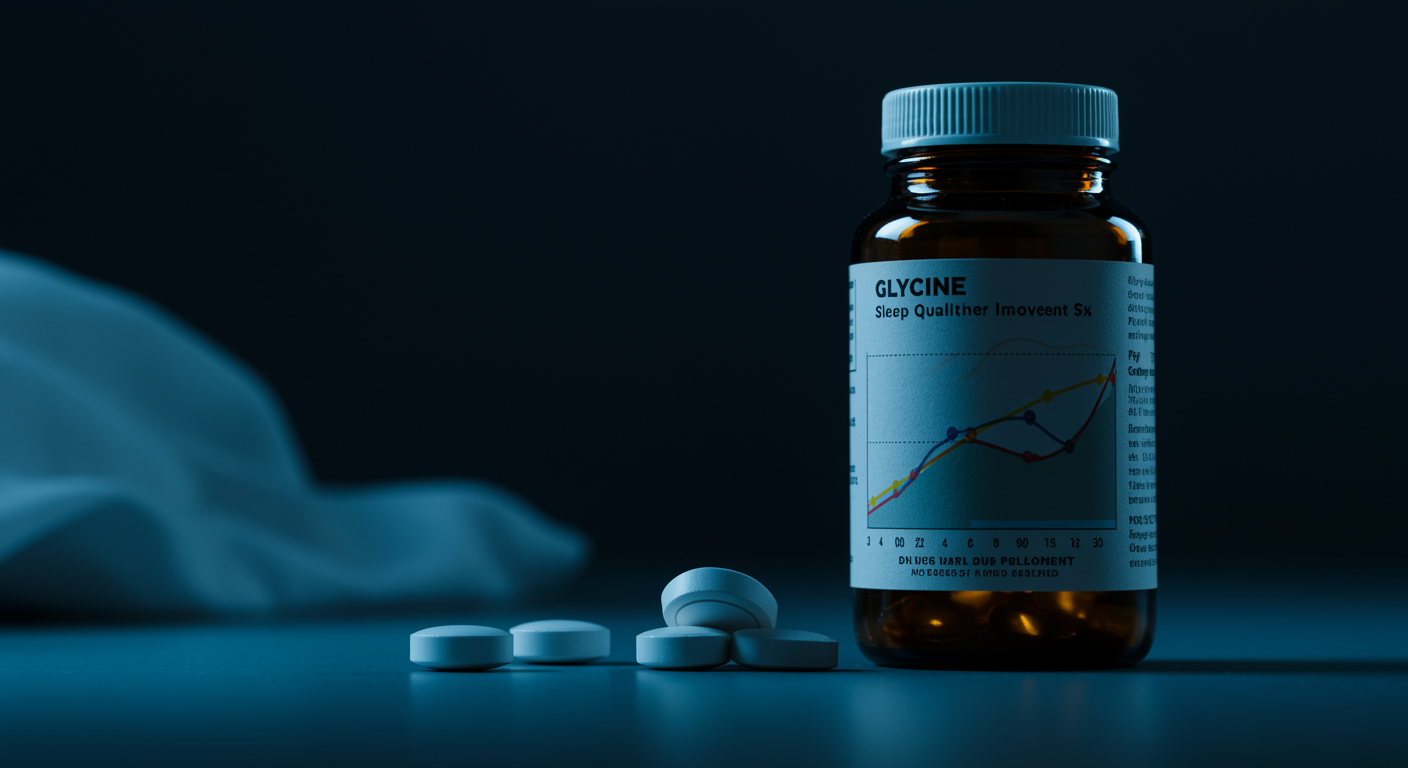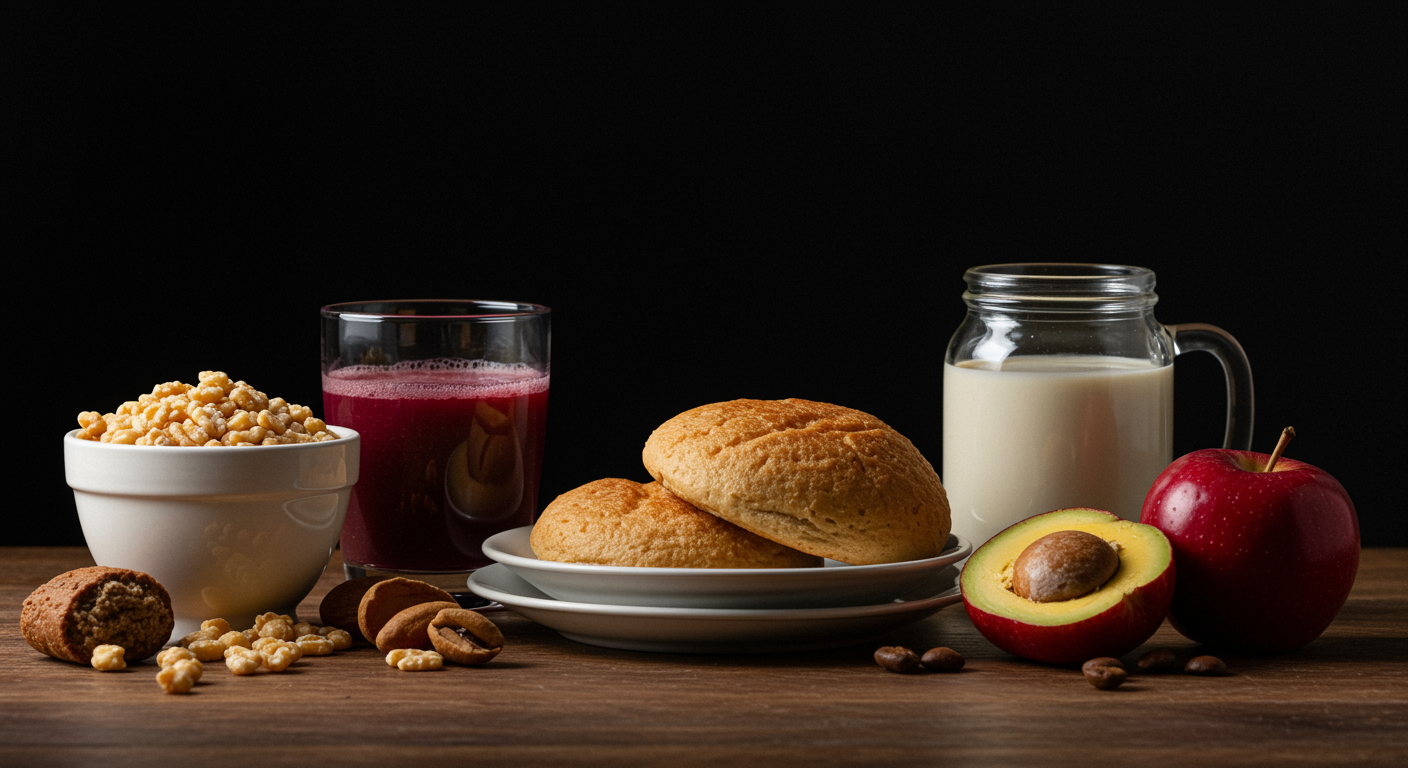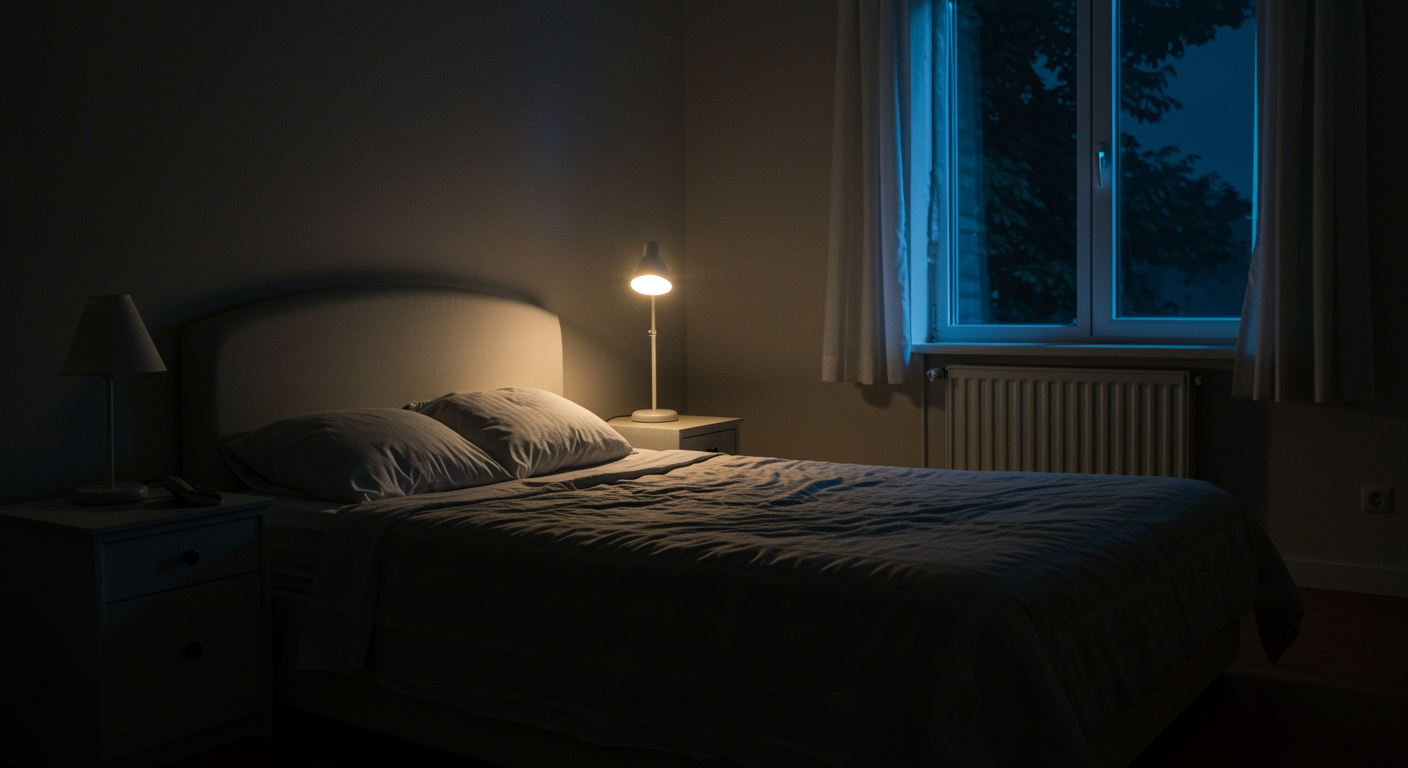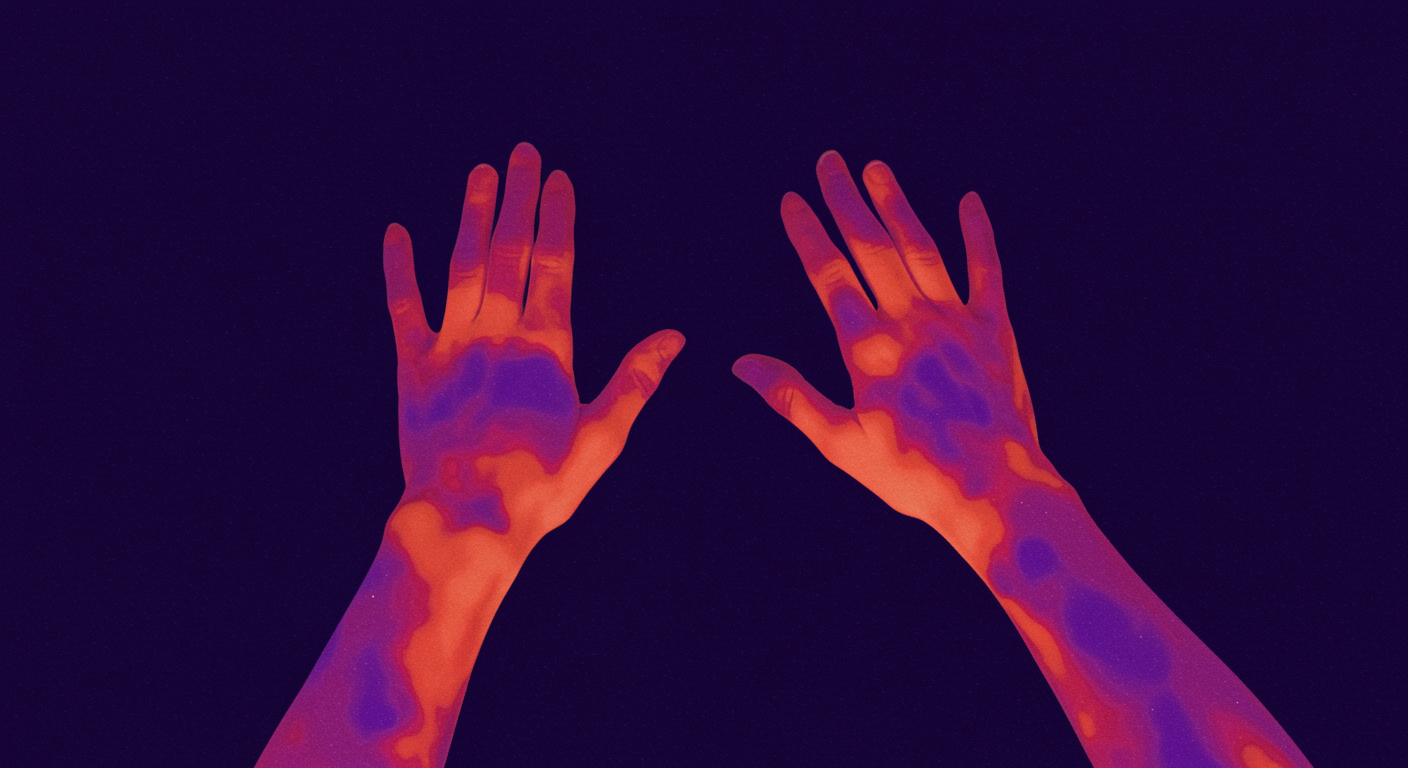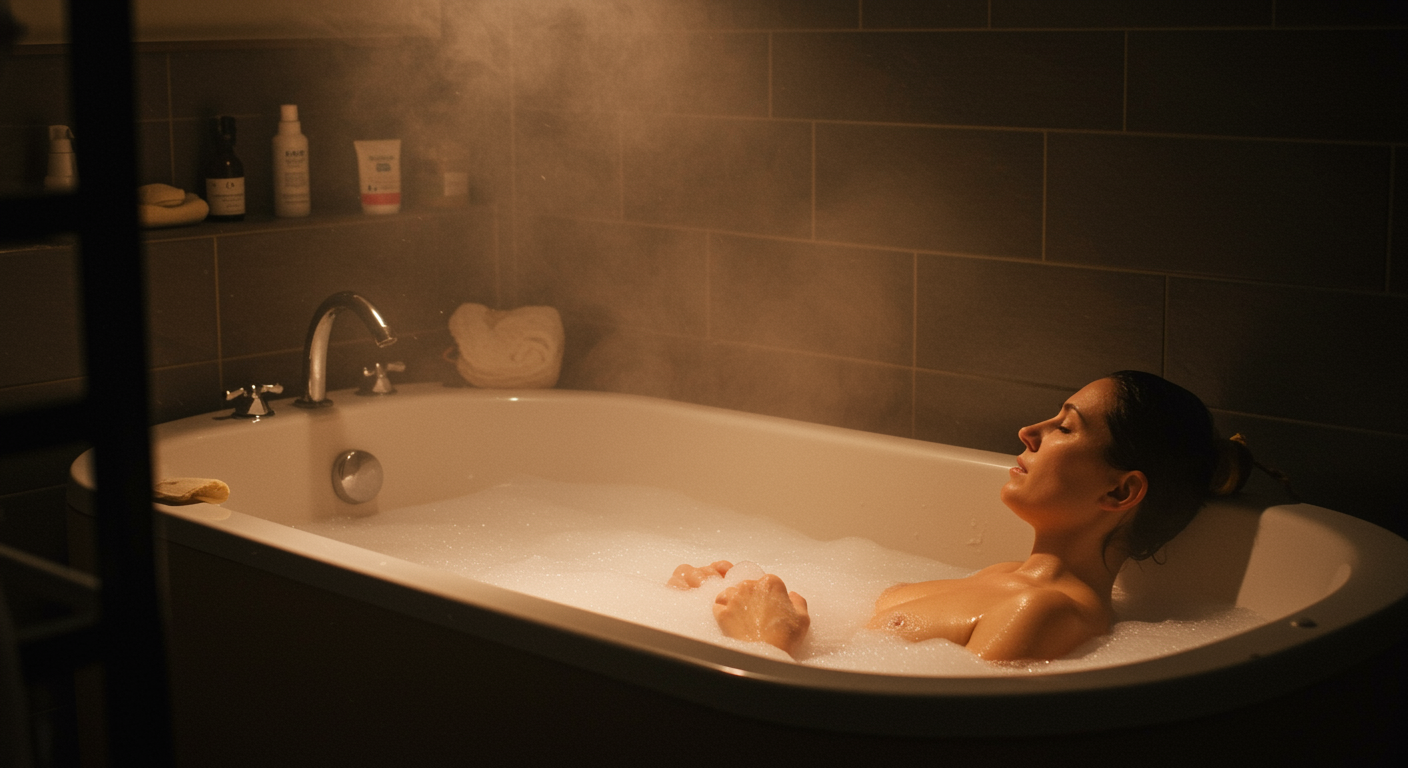Chamomile Tea Improves Sleep Quality in Elderly: Clinical Trial Evidence
Does Chamomile Tea Actually Improve Sleep Quality in Older Adults?
Chamomile tea consumption significantly improves sleep quality, reduces sleep onset time, and decreases nighttime awakenings in elderly adults, this clinical trial demonstrates. Participants who consumed chamomile tea twice daily for 4 weeks showed substantial improvements in sleep quality scores, with sleep onset time reduced by an average of 15 minutes and nighttime awakenings decreased by 30%. The study found that chamomile’s active compounds, particularly apigenin, bind to benzodiazepine receptors in the brain to produce mild sedative and anxiolytic effects without the side effects associated with pharmaceutical sleep aids. The improvements were sustained throughout the study period and continued for 2 weeks after discontinuing chamomile consumption.

